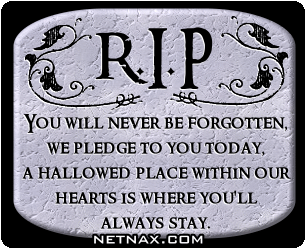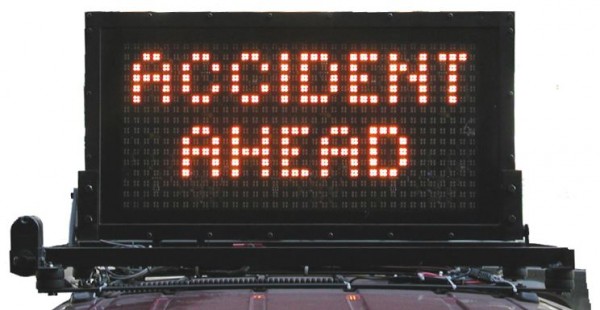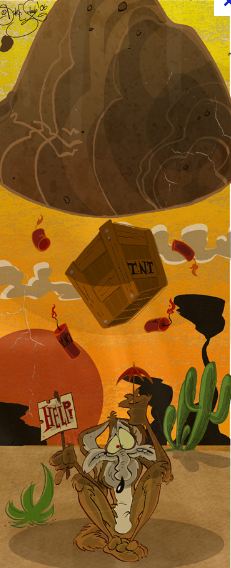I hear a lot of people saying we should think outside the box, and a few saying there has to be a box. As for me, I’m all about boundaries and constraints, seeing as my spirit animal is either a weevil or a goldfish. I guess that’s why I like this phrase so much, the one about everybody needing a fishbowl.
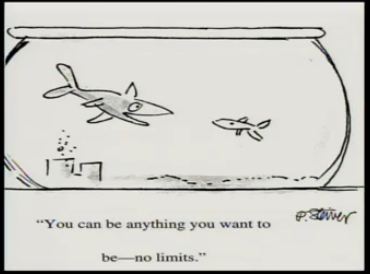
I heard the phrase on a TED talk by Barry Schwartz. First, I like that he’s in a t-shirt and shorts. I miss being the girl that would give a TED talk in shorts … Anyway, Barry argues – quite convincingly – that the more choices we have, the more miserable we are. According to him, the secret to happiness is low expectations.
In the past 24 hours, I’ve listened to that talk so many times that if it was CD, it would probably have scratches by now. I suppose it was a message that I badly needed to hear. He says, among other things:
- (a) We value things depending on what we compare them to.
- (b) The more options we have, the more likely we are to regret our decisions.
- (c) Options can sometimes lead to inaction, because excessive freedom creates paralysis.
- (d) When your expectations are too high, you compare what you get to what you expected. Then you end up disappointed, even if what you got was really good.
I’ve been feeling really down for a few weeks now, and I can’t quite figure out why. After all, I’ve recently acquired a few things, things I’ve wanted for a long time, things I was sure would make me ecstatically happy. And yet I’m not. I’ve made some drastic changes in my life too, changes designed to make my lifestyle more acceptable. To me. But they haven’t. So I’m sitting on a rock in the proverbial thinker’s pose and asking, ‘What now?’
I suppose that’s why Barry’s talk made so much sense to me. He explains that the reason we all need a fish bowl is that when we have too many choices, it’s easy to blame ourselves for making the ‘wrong’ one. If I have 50 pairs of shoes to pick from, I could spend hours or even days, because I want to be sure I pick just the right pair.
And even after I finally pick one, I spend my journey home second guessing myself, wondering if maybe one of the other pairs wasn’t just a little bit better. When I get home and the shoe pinches, I’ll blame myself for picking the wrong pair. It’s buyer’s remorse to the power of fifty.
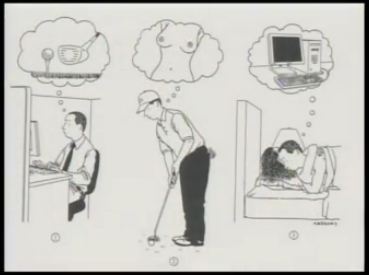
Given my temperament, the issue of my shoes proceeds to self criticism on everything from poor taste to intelligence, and soon escalates into serious depression. Conversely, if the shop had just one pair of shoes, then when they give me blisters, I simply blame the shop and life goes on, no antidepressants required.
I suppose the reason I’m not happy about all my new toys is that I over-estimated the amount of pleasure they would give me. Barry explains that lots of times, we compare what we have with our expectations, and what we have falls short, so we end up disappointed even if what we have is perfectly fine.
Then when we try to explain why we’re disappointed when we should be happy, we blame ourselves and end up depressed. Never mind that the expectations were simply too high to begin with. Like Barry says, ‘With a thousand pairs of jeans to choose from, dammit, one of them should have been perfect.’ And if what you’re expecting is ‘perfect’ then ‘good’ just isn’t good enough. So you end up with an entire generation that has more choice than ever before … and higher incidences of suicide.
A while back, director Tony Scott jumped off a bridge and died. My workmates were perplexed about why such a successful man would commit suicide. I said the better off you were, the more likely you’d want to die. Depression is a disease, just like cancer or HIV, except that it doesn’t harm your body. It harms your mind and distorts your thinking. When you’re depressed, it doesn’t matter what anyone tells you. It only matters what you tell yourself.
We’re all searching for something, whether it’s fame, riches, companionship, love, a cabin in the middle of the Amazon, or the flexibility to sit in lotus position. Most of us believe that when we find that special something (or someone), we’ll be happy. For the average person, if this doesn’t happen, they look for something else to do the job. For a depressive patient, if they have everything they could ever want yet they’re still unhappy, they get convinced they’ll never be happy, so they might as well end it.
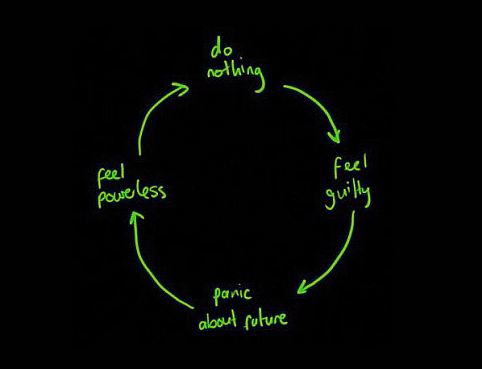
For some patients, the pattern is slightly different. There’s a saying that insanity is doing the same thing over and over again and expecting different results. So what drives some depressive patients to the edge is the repetitive process of improving and relapsing. You get to a point you just don’t want to try anymore, so you make it all stop. I know. I lost a good friend that way, and I’ve been there myself. More than once.
So, given the space I’m in right now, Barry’s talk was something I needed to hear. I needed to accept that I over-estimated the amount of pleasure I would get from achievements, successes, promotions, documentaries, a new wardrobe. I thought I would be happy once I had them, but I’m not. And now I’m sitting here and wondering, ‘What next?’
I don’t read the Bible nearly as much as I used to, but I found an interesting verse yesterday. It’s somewhere in the gospels, apparently, and it says, ‘Worrying doesn’t take away tomorrow’s troubles; it takes away today’s peace.” That fits in with the same conventional wisdom I’ve heard over and over again: Detach. Be still and know. Just let go. Stuff happens when you’re not looking. Let it be. Don’t worry, be happy. And on and on and on. Thing is … nobody ever tells you how.
I was in a particularly dark mood this morning when it came to me that I should stop blaming myself for being depressed. I should just accept that I am depressed. Instead of spending so much energy trying to figure out what’s upsetting me, and how to fix it, I should just acknowledge how I feel and leave it at that. After all, it is what it is. I guess that’s what it means to let it be. Surprisingly, I felt marginally better in that moment – until I forgot to ‘let it be’ and started worrying again.
In a way, Barry’s theory is simply an old adage: don’t judge; don’t compare; the grass isn’t greener – you’re just looking at it from a different angle. But, again, nobody actually tells you how. I wonder if anyone can write a wiki article titled ‘How to stop worrying.’
I tried talking it over with a friend, and he suggested I fix it horizontally. Apparently, good lungula solves everything. As long as you get tested and use protection. Otherwise, you’ll have a whole new set of problems to resolve. I haven’t tested that theory yet. Maybe someday I will.
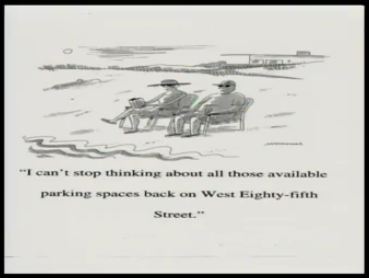
For now, I’ll listen to Barry. He points out that focusing on your high expectations stops you from enjoying the good things that you do have, because you’re so fixated on how much better that other stuff is, the stuff you didn’t choose. So to be really happy, you have to first lower your expectations so that you can be pleasantly surprised, and then live in the moment and stop looking at the stuff that you’re not doing. Sounds easy enough. When you figure out how to do that, let me know, because I could use a few lessons.
♫ So gone ♫ Lemonade mouth ♫
